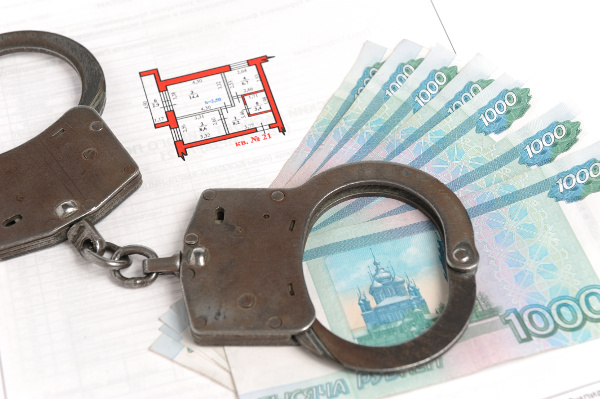Ready to Be a Landlord? Important Considerations Before Renting Your Home
 Whether you’re going away on an extended vacation or considering downsizing into a smaller place, the popularity of websites like Airbnb has led many people to believe that there’s a lot of money in home rental. However, before putting your home on the market, it’s important to be aware of some of the factors that go into having a rental property. It may seem like extra money, but it’s the small details that can make it a more complicated process.
Whether you’re going away on an extended vacation or considering downsizing into a smaller place, the popularity of websites like Airbnb has led many people to believe that there’s a lot of money in home rental. However, before putting your home on the market, it’s important to be aware of some of the factors that go into having a rental property. It may seem like extra money, but it’s the small details that can make it a more complicated process.
Is It A Short Term Solution
Many people plan on putting their home on the market for a short duration of time, but if you’re only planning on renting for 6 months or a year, it may not be as financially lucrative as you think. While tax breaks can go along with rental properties, the money you make off of this kind of investment is taxable so if you’re not in it for a slightly longer haul, you may not see the financial boost you’re looking for.
What Are You Willing To Deal With?
For those who are planning to put a home on the market, they still need some place to live, and this can mean that a certain amount needs to be made each month for the costs of having two homes even out. Before putting any serious considerations into this, ensure that you know it’s financially feasible. It’s entirely possible that you won’t have renters for certain periods of time and you could also run into problems with the renters you find, so you should sit down and put pen to paper to consider the investment potential.
Have You Considered The Maintenance?
Out of sight is often out of mind, but if you have a renter, you’re responsible for anything that goes wrong in the home. From small maintenance duties to sizeable but necessary overhauls, there are many things you’re legally obligated to do as a landlord and you’ll need to be prepared to take on these responsibilities. Since it will be the duty of the owner, in the event you don’t want to do it, you’ll have to hire a contractor who will be able to handle the work for you.
Having a house as a second property may seem like an ideal investment, but this can require you to take on the responsibilities of a landlord and you may even have to deal with problematic rental situations. If you’re searching for an additional property in the near future, contact your local mortgage professional for more information.
 There are many ins and outs involved in securing a mortgage lender, and as a result there are many offers and options out there which are only around to take advantage of prospective homebuyers. If you’re on the lookout for a home and are trying to wade through all the details successfully, here are some things you may want to be aware of.
There are many ins and outs involved in securing a mortgage lender, and as a result there are many offers and options out there which are only around to take advantage of prospective homebuyers. If you’re on the lookout for a home and are trying to wade through all the details successfully, here are some things you may want to be aware of. With the ever-fluctuating cost of housing, buying real estate can be one of the best investments a person can make. However, a lot of important factors can be left out of the final decision when it comes to purchasing a home as rental property.
With the ever-fluctuating cost of housing, buying real estate can be one of the best investments a person can make. However, a lot of important factors can be left out of the final decision when it comes to purchasing a home as rental property.